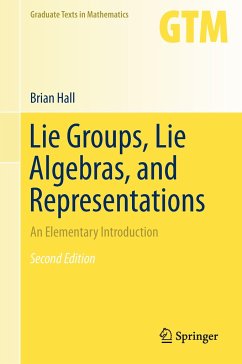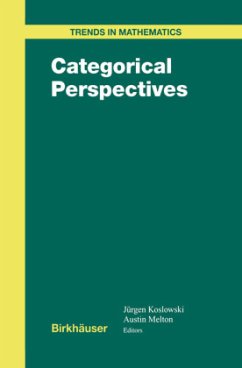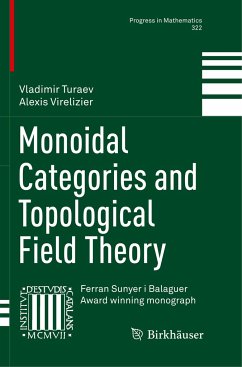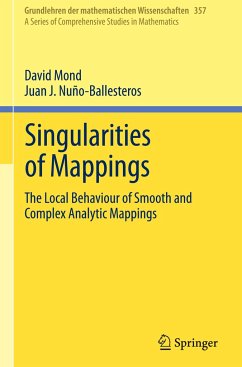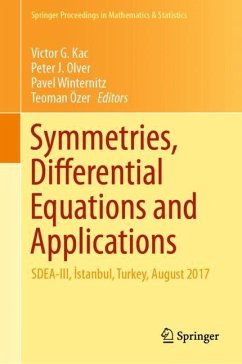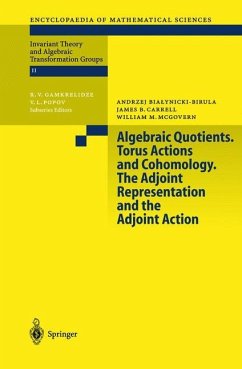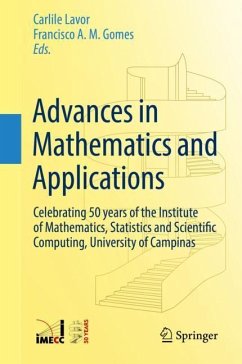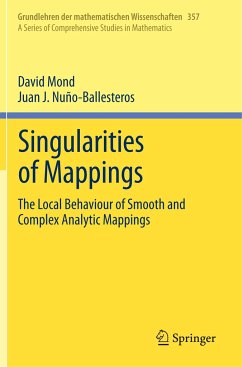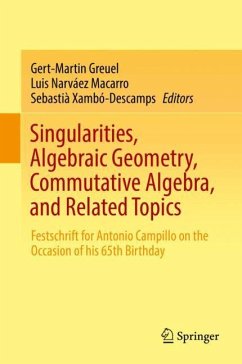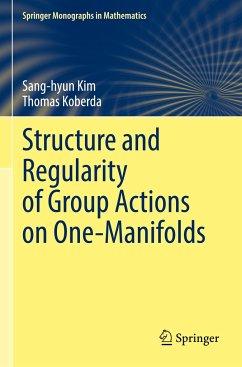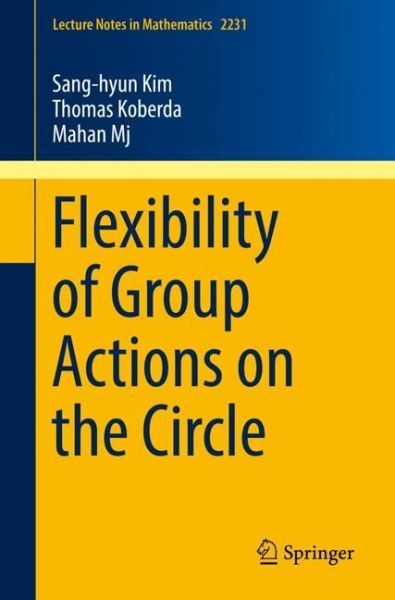
Flexibility of Group Actions on the Circle

PAYBACK Punkte
14 °P sammeln!
In this partly expository work, a framework is developed for building exotic circle actions of certain classical groups.The authors give general combination theorems for indiscrete isometry groups of hyperbolic space which apply to Fuchsian and limit groups. An abundance of integer-valued subadditive defect-one quasimorphisms on these groups follow as a corollary.The main classes of groups considered are limit and Fuchsian groups. Limit groups are shown to admit large collections of faithful actions on the circle with disjoint rotation spectra. For Fuchsian groups, further flexibility results ...
In this partly expository work, a framework is developed for building exotic circle actions of certain classical groups.
The authors give general combination theorems for indiscrete isometry groups of hyperbolic space which apply to Fuchsian and limit groups. An abundance of integer-valued subadditive defect-one quasimorphisms on these groups follow as a corollary.
The main classes of groups considered are limit and Fuchsian groups. Limit groups are shown to admit large collections of faithful actions on the circle with disjoint rotation spectra. For Fuchsian groups, further flexibility results are proved and the existence of non-geometric actions of free and surface groups is established. An account is given of the extant notions of semi-conjugacy, showing they are equivalent.
This book is suitable for experts interested in flexibility of representations, and for non-experts wanting an introduction to group representations into circle homeomorphism groups.
The authors give general combination theorems for indiscrete isometry groups of hyperbolic space which apply to Fuchsian and limit groups. An abundance of integer-valued subadditive defect-one quasimorphisms on these groups follow as a corollary.
The main classes of groups considered are limit and Fuchsian groups. Limit groups are shown to admit large collections of faithful actions on the circle with disjoint rotation spectra. For Fuchsian groups, further flexibility results are proved and the existence of non-geometric actions of free and surface groups is established. An account is given of the extant notions of semi-conjugacy, showing they are equivalent.
This book is suitable for experts interested in flexibility of representations, and for non-experts wanting an introduction to group representations into circle homeomorphism groups.





